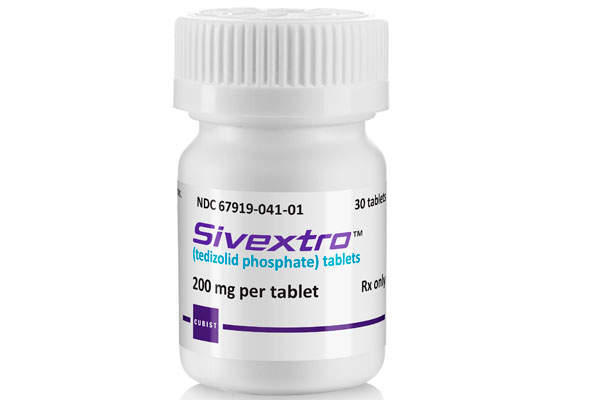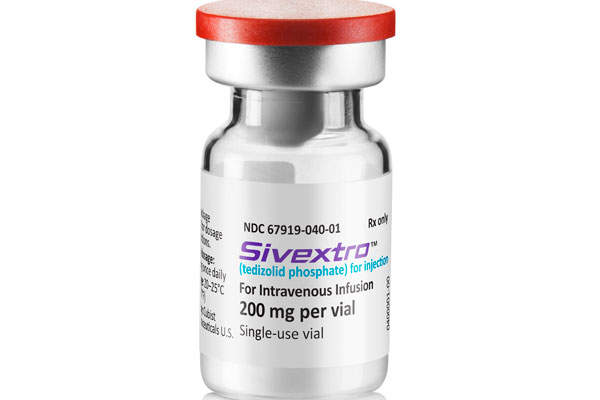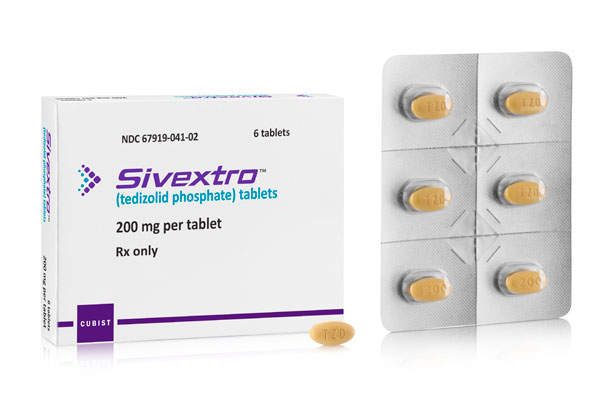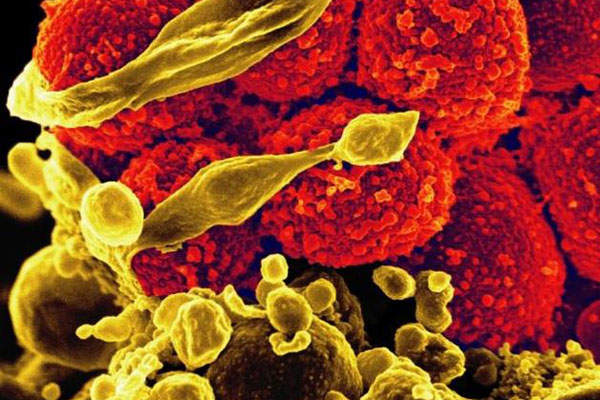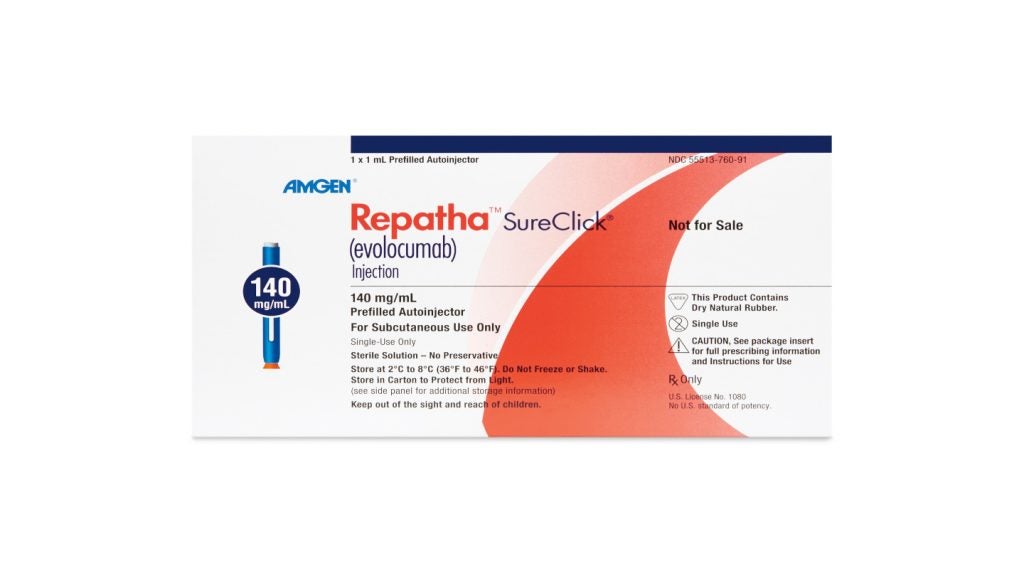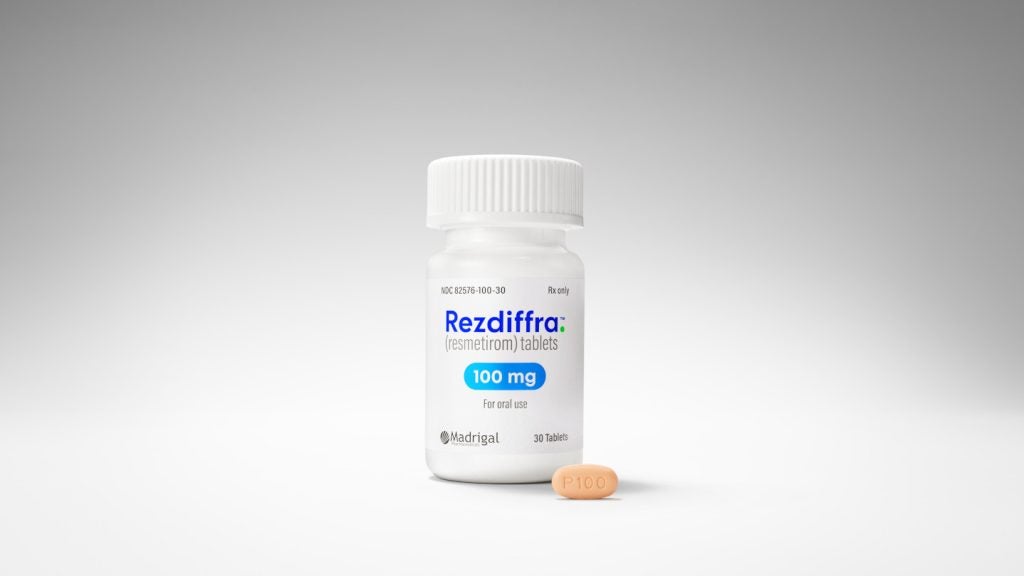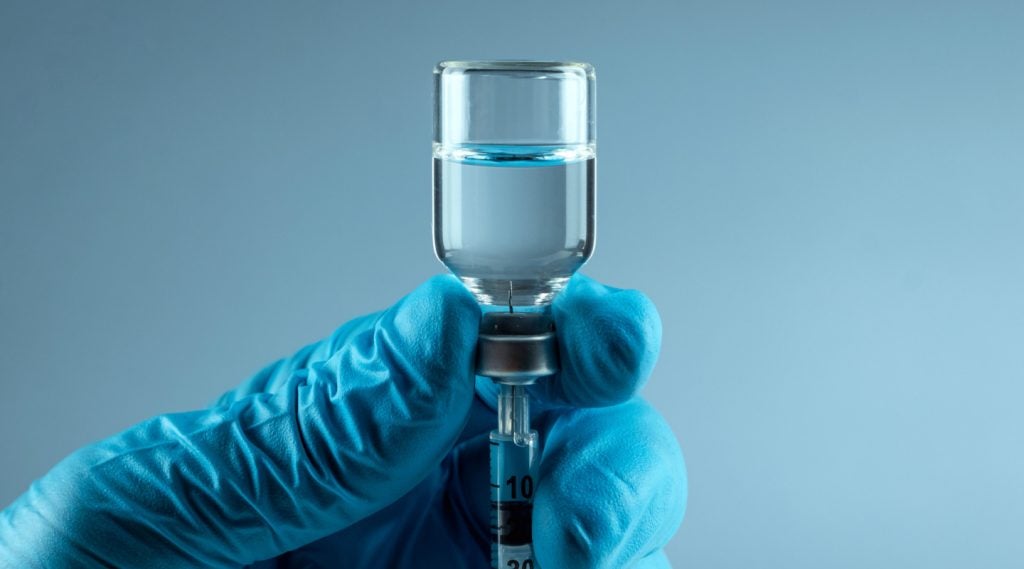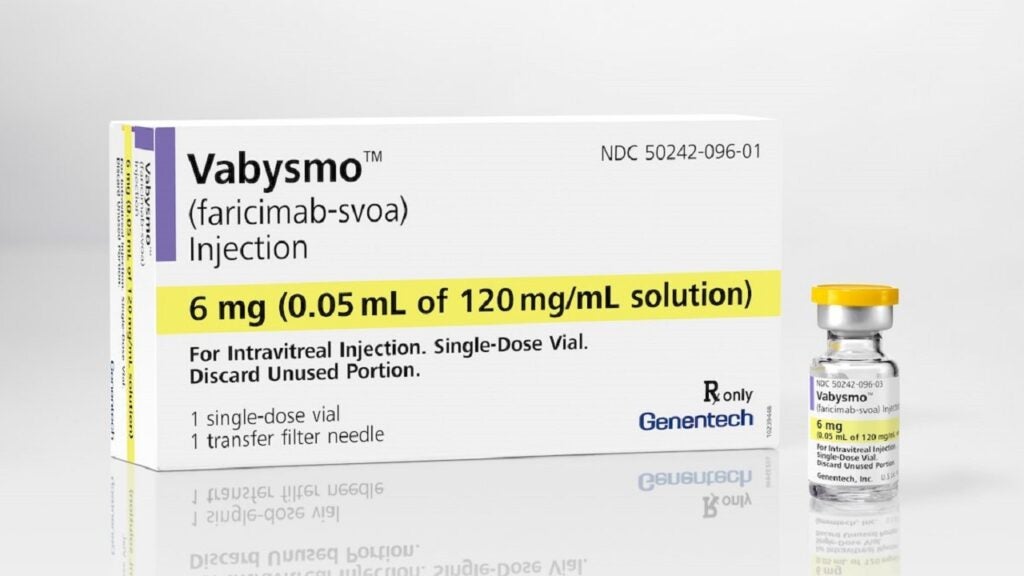
Sivextro (tedizolid phosphate) is an oxazolidinone class antibacterial drug approved by the US Food and Drug Administration (FDA) in June 2014 for the treatment of adult patients infected with acute bacterial skin and skin structure infections (ABSSSI) caused by susceptible Gram-positive bacteria. These include methicillin-resistant Staphylococcus aureus (MRSA).
Developed by Cubist Pharmaceuticals, the marketing authorisation application (MAA) for Sivextro was submitted to the European Medicines Agency (EMA) in January 2014 and received marketing authorisation in March 2015.
Treatment for acute bacterial skin and skin structure infections (ABSSSI) and MRSA
ABSSSI is also known as complicated skin and soft tissue infection (cSSTI) in Europe. It is a bacterial infection of skin and deeper tissues.
Novel cephalosporin antibiotic indicated for the treatment of serious bacterial infections in hospitalised patients.
The infection may be either complicated or uncomplicated and includes infected ulcers, burns, and major abscesses. Uncomplicated infections caused by Staphylococcus aureus and Streptococcus pyogenes include simple abscesses, lesions, cellulitis, and furuncles.
MRSA is an infection caused by bacteria resistant to antibiotics commonly used to treat infections. The US Center for Disease Control and Prevention (CDC) categorised MRSA as one of the serious public health threats.
It is estimated that about 80,000 cases of severe MRSA infections are recorded every year in the US, resulting in more than 11,000 MRSA-related deaths. In Europe, more than four million people are affected with healthcare-acquired infections (HAI) every year, resulting in 37,000 deaths caused due to MRSA.
Sivextro’s mechanism of action
The active component in Sivextro, tedizolid phosphate, belongs to the oxazolidinone class of antibacterial drugs. The antibacterial activity of tedizolid inhibits synthesis of bacterial protein, which makes the drug bacteriostatic against multiple pathogens such as enterococci, staphylococci, and streptococci.
Sivextro is available in 200mg tablets, in 30 count bottles and six tablet blister packs for oral administration. It is also available in 200mg single-dose vials in ten count packages for intravenous administration.
Clinical trials of Sivextro
Cubist Pharmaceuticals evaluated the safety and efficacy of Sivextro in two phase three clinical studies. The randomised, multicentre, multinational, double-blind, non-inferiority trials enrolled a total of 1,315 adult patients with ABSSSI. Patients were divided into two groups; one was treated with 200mg of sivextro daily for six daysand the other with 600mg of linezolid every 12 hours for ten days.
In trial one, 323 ABSSSI patients were given Sicextro oral therapy and 326 patients were treated with linezoid. The age of patients enrolled ranged between 18 and 86, the average age being 43 years. Types of ABSSSI included were cellulitis, wound infection, and major cutaneous abscess.
In trial II, 332 ABSSSI patients were given Sicextro and 334 patients were treated with linezoid. The age range of the patients involved was between 17 and 86, the average age being 46 years. Types of ABSSSI included were the same as those in trial one.
The two phase three clinical trials met the primary and secondary endpoints as defined by the FDA and the EMA. The primary endpoint in trial one was early clinical response, which showed no increase from the baseline lesion area after the first dose in 48-72 hours. A 20% decrease from the baseline lesion area was observed in trial two.
The most adverse reactions found in the patients treated with Sivextro included diarrhoea, vomiting and nausea.
Marketing commentary
Headquartered in Massachusetts, Cubist Pharmaceuticals is a specialty pharmaceutical company engaged in developing antibiotics to treat infections caused by drug-resistant bacteria.
Sivextro was reviewed by the FDA under qualified infectious disease product (QIDP) designation, which made the drug qualify for an additional five years of marketing exclusivity in addition to the time provided by the Food, Drug and Cosmetic Act.
Other medications available in the market for the same indication include Dalvance (dalbavancin) developed by Durata Therapeutics.

